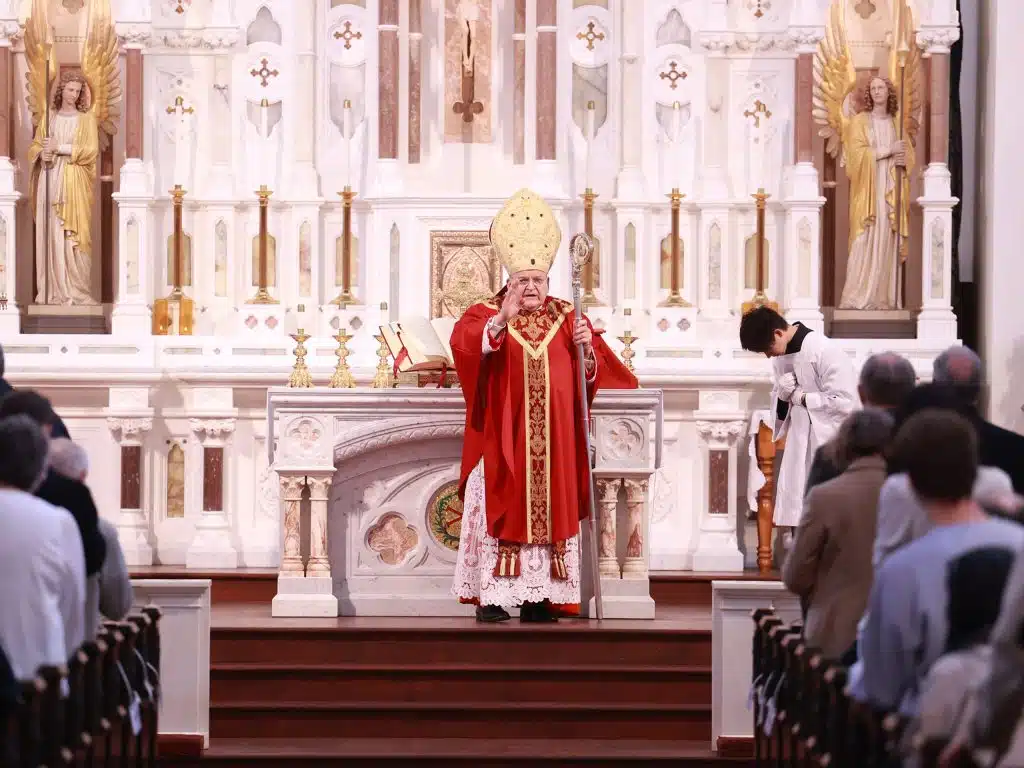I thank God that I grew up in the ’80s. We had great music,
iconic hairstyles, unique fashion, and no internet. I can only imagine the
amount of trouble my friends and I would have gotten into if we were carrying
around cell phones with open access to the internet like many middle school
students are today. When we had questions or curiosity about sex, we really
only had two options … we could muster up the courage to ask our parents, or
dare to look stupid by asking a friend. How sad it is today that those same
basic, innocent questions can lead a young person to the internet to discover
so much more than they had ever bargained for.
Parents, now, more than ever, you need to talk to your children
about sex.
For starters, this is your job. The very fact that God entrusted
you with your children means that he also gave you the graces to teach them.
The church recognizes that parents are the best suited to speak to their
children about sex. In “The Truth and Meaning of Human Sexuality,” from the
Pontifical Council of the Family, 1995, the church explains, “The role of
parents in education is of such importance that it is almost impossible to find
an adequate substitute.”
Unfortunately, in my work in youth and young adult ministry, I
have found that very few parents ever speak to their kids about sex. There are
many reasons why parents struggle to talk to their children on this topic: fear
of looking ignorant, the anxiety of saying too much, feeling like a hypocrite
for their own past mistakes, etc. Regardless of your concern, you need to
start. You need to get over your own discomfort. Few children will bring up the
topic on their own and are counting on you to break the ice. In addition, you
will make a positive impact on the life of your child and their sexual
development by having those conversations with them. For example, a recent
study funded by the Eunice Kennedy Shriver National Institute of Child Health
and Human Development showed that young people who have been taught about sex
by their parents or grandparents are less likely to participate in premarital
sex than those taught by their friends or the media.
With few parents having these conversations, children often turn
to the internet to have their questions answered. In his book, “Forbidden Fruit:
Sex and Religion in the Lives of American Teenagers,” Mark Regnerus explains,
“(Porn) Filmmakers understand that internet pornography is certainly the
primary — and for some, only — sexual education that teenagers now receive.”
This should be a huge concern for our society because pornography has become
nothing but violence and degradation of women. You do not need to be a
psychologist to understand the damage that watching pornography can do to a
young person’s future relationships — especially with members of the opposite
sex.
There are many things that you will do as a parent to help teach
your child how to be loving, respectful and generous people. Much of this will
be done through your actions as a loving mother and father raising a faith-filled
family. However, there will also be many opportunities where you need to speak
up and teach your children about their anatomy, puberty, the sexual act, and to
help them to make good moral decisions. I would encourage you to schedule date
nights from time to time when you can have their undivided attention to
properly cover these topics with them.
A few recommendations: First, pray for guidance. The Lord has
entrusted you with this role and will provide you with the graces to support
you. Second, I challenge you to read “The Truth and Meaning of Human Sexuality”
because it beautifully speaks of your role and responsibility as a parent.
Third, I encourage you to pick up a good Catholic book (such as “Beyond the
Birds and the Bees: Raising Sexually Whole and Holy Kids” by Dr. Gregory
Popcak) to assist you in which topics to teach to your child at each age of
their development. Fourth, if you need help, speak to your parish priest. The church
is there to support you in your role as a parent. Lastly, I have created a list
of 16 pointers that I have come up with after my years as a parent and director
of youth ministry. I pray that these will set you up for some great
conversations with your kids.
Bohli is the director of diocesan office of youth
ministry.
Find out more
For a list of 16 pointers, go to bit.ly/advice2019.


